Zubeida
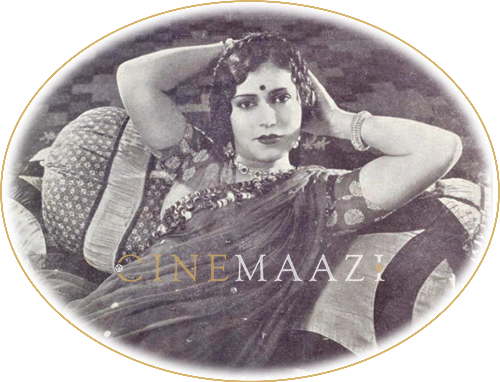
- Real Name: Zubeida Begum
- Born: 1911 (Surat)
- Died: 20 September 1988 (Bombay)
- Primary Cinema: Hindi
- Parents: Fatma Begum , Nawab Siddi Ibrahim Muhammad Yakut Khan
- Spouse: Maharaja Narsingir Dhanrajgir Gyan Bahadur
- Children: Humayun Dhanrajgir
- Grand Children: Nikhil Dhanrajgir, Ashok Dhanrajgir, Rhea Pillai and Karen Nina
Zubeida, the leading lady of India’s first talkie Alam Ara (1931), was a trailblazer in terms of establishing herself as the highest-paid leading actress of the time when women acting was frowned upon.
She was born as Zubeida Begum in 1911 in Surat to the Nawab Siddi Ibrahim Muhammad Yakut Khan of the Sachien state of Gujarat and Fatima Begum. Her mother created a rich legacy of her own by setting up the Fatima Film Company. Her mother was an actress and is often celebrated as the first female director of Indian cinema. Due to the strong influence from her mother, her sisters Sultana, Shahzadi along with her joined the film industry at a young age.
Zubeida made her debut with Kohinoor Film Company’s Gul-e-Bakawali (1924) at the age of 12. She acted in several silent films, often starring alongside her sister Sultana who was a reigning star in the 1920s in films like Veer Abhimanyu (1922) and Kalyan Khajina (1924). The former was directed by Manilal Joshi and also starred their mother Fatima Begum in an important role. Veer Abhimanyu is also considered as one of her most successful silent film. Prithvi Vallabh (1924), Sati Sardarba (1924), Bulbul-e-Paristan (1926), Nanand Bhojai (1927), Balidan (1927) were a few other crucial silent films in her filmography.
The 1926 Bulbul-e-Paristan was the only film made under her mother’s banner Fatima Film Company. It starred all the four actresses of the family. After this production, Fatima Begum established a new production house by the name of Victoria Fatima Film Company in 1928 which made seven films before shutting down in 1930. Naval Gandhi’s Balidan, starring Sulochana, Jal Khambatta, and Master Vithal, was a major success at the box office. The film raised the issue of animal sacrifice in the name of ritualistic practices during Kali puja. It received critical appreciation from the international crowd when the European members of Indian Cinematograph Committee sent it for international screening.
Ardeshir Irani’s Alam Ara, the first Indian talkie, was a landmark film in her career as a lead actress. She was also cast in Sagar Movietone’s first talkie Meri Jaan (1931) directed by Prafulla Ghosh. She was at the peak of her career and gracefully made the transition into the sound era. She appeared alongside Jal Merchant in Ezra Mir’s Zarina (1932), Subhadra Haran (1932), Pandav Kaurav (1933), Mahabharat (1933) and Mr & Mrs Bombay (1936). Many of them belonged to the mythological genre. Zubeida caused a stir after a kissing scene in Zarina which caused some issues with censorship.
In 1934, she established her own production company called Mahalakshmi Movietone in partnership with filmmaker Nanubhai Vakil. The duo collaborated in the capacity of director-actor in several films under their banner such as Nand Ke Lala (1934), Radha Mohan (1934), Rashk-e-Laila (1934), Gulshan-e-Alam (1935). She started stepping away from the limelight towards the late 1930s. She last appeared on screen in Nirdosh Abla in 1949.
Zubeida is recognized for popularizing the woeful courtesan roles that are portrayed in elaborate costume films. This tradition was carried on by Meena Kumari who was referred to as the Tragedy Queen.
Zubeida tied the knot with Maharaja Narsingir Dhanrajgir Gyan Bahadur from the state of Hyderabad for which she had to convert to Hinduism. They had a son Humayun Dhanrajgir who is a prosperous businessman. She passed away on 20 September 1988 amidst her family’s presence.
*According to some sources, Zubeida starred in Prafulla Ghosh’s Veer Abhimanyu (1931) which didn’t star her mother and sister
-
Filmography (44)
SortRole
-
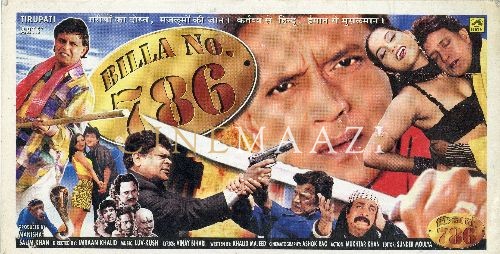
Billa No. 786 2000
-
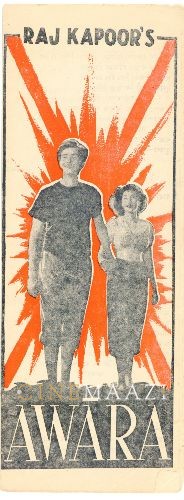
Awara 1951
-
Nirdosh Abla 1949
-
.jpg)
Patwari 1942
-
Sohni Mahinwal 1939
-
Nadira 1931
-



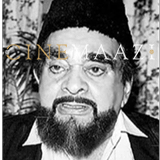
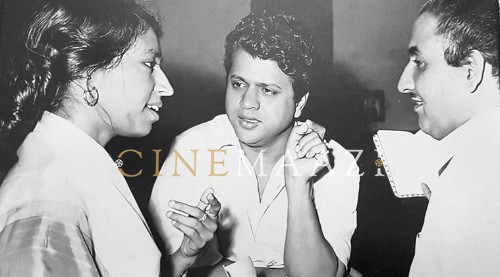
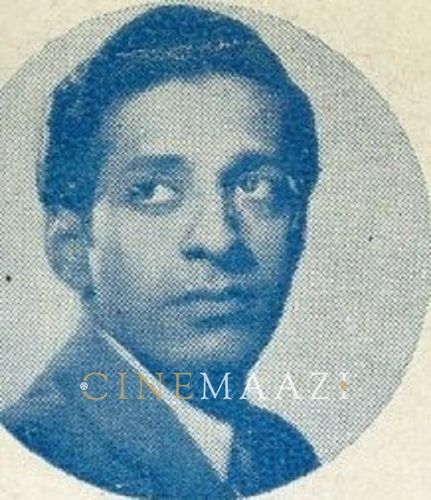
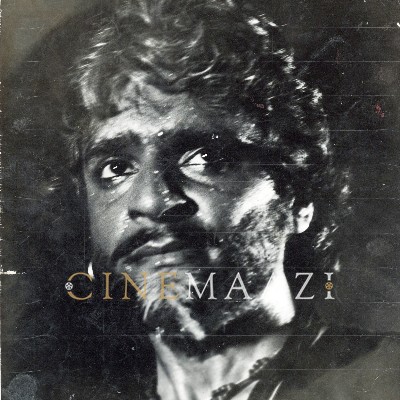
.jpg)


